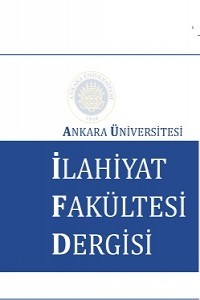New Science of Forgiveness An Interview with Prof. Everett Worthington, Jr
is decisional forgiveness, which is making a behavioral intention statement—that is, saying to myself, “This is how I intend to act next time I see the person”—not to get revenge but instead to treat the person as a valued and valuable person. But we can make a sincere decision to forgive and stick by it for the rest of our lives and still feel resentful and angry when we think about how someone offended or hurt us. So, there must be a second type of forgiveness, which I call emotional forgiveness. This is replacing negative unforgiving emotions with positive other-oriented emotions, like empathy, sympathy, compassion or love for the person
___
- ISSN: 1301-0522
- Yayın Aralığı: Yılda 2 Sayı
- Başlangıç: 1952
- Yayıncı: ANKARA ÜNİVERSİTESİ > İLAHİYAT FAKÜLTESİ
Sayıdaki Diğer Makaleler
Klasik, İbrani ve Hıristiyan Antikçağ Kaynaklarına Göre Tanrıların Doğuşu
İslamofobi: Batı’nın “Karanlık Tarafı”nın Bir Yansıması
Arthur F. BUEHLER, Mehmet ATALAY
Critical Muslim Studies: Decolonial Struggles and Liberation Theologies
Young Men’s Christian Association’ın Türkiye’deki Faaliyetleri
Young Men's Christian Association'ın Türkiye'deki Faaliyetleri
